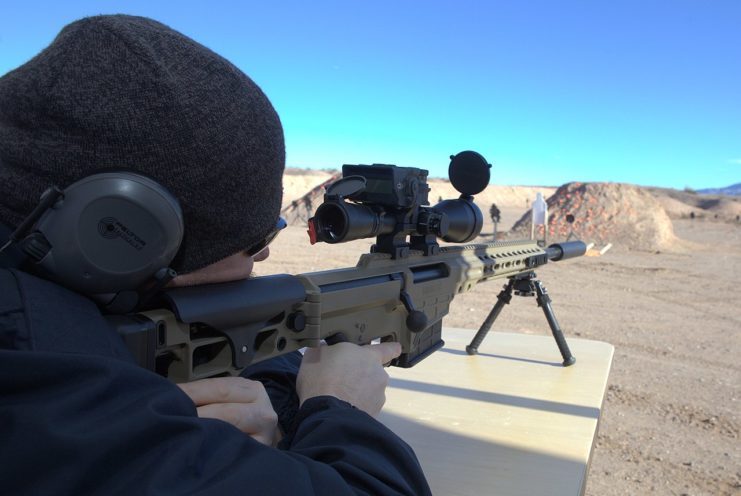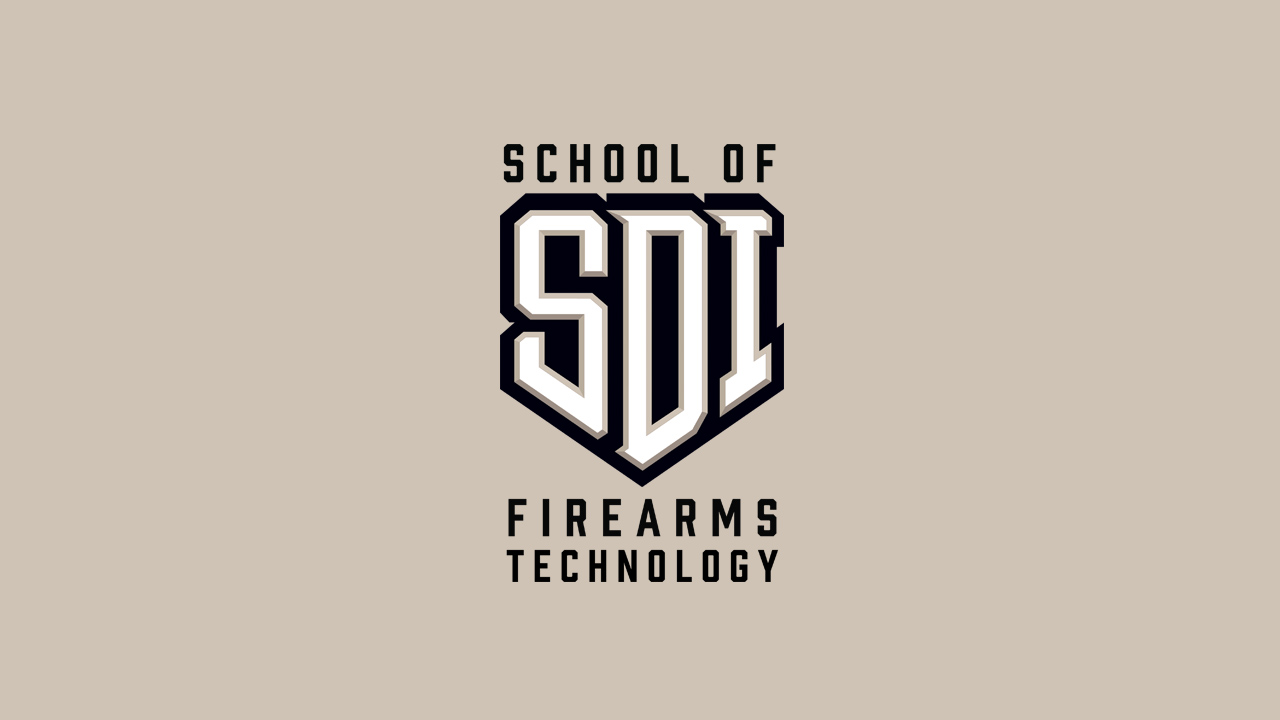
The Bureau of Alcohol, Tobacco, Firearms and Explosives (ATF) has officially repealed its zero-tolerance inspection policy for federal firearms licensees (FFLs). This move, announced by the Department of Justice (DOJ) and reported by groups like Gun Owners of America, could significantly impact the firearms industry, especially for those who currently hold or are considering applying for an FFL.
What Was the ATF’s Zero-Tolerance Inspection Policy?
Introduced in 2021, the zero-tolerance policy allowed the ATF to revoke FFL licenses over a range of violations. That included relatively minor issues like clerical errors, incomplete records, or missing paperwork.
While license revocation is appropriate in cases of criminal activity or repeated non-compliance, many in the firearms industry argued that the policy lacked flexibility. It created an environment where even honest mistakes could result in losing your license and your livelihood.
Why Did the ATF Repeal the Zero-Tolerance Policy for FFLs?
According to the DOJ and ATF, the repeal reflects a move toward more balanced enforcement. Rather than immediately pursuing license revocation, the focus will shift toward corrective actions, especially in cases where there is no clear intent to break the law.
In their official statement, the agencies emphasized a commitment to “balanced, constitutional enforcement” that protects Second Amendment rights while maintaining accountability.
Jarred McNeely, Chief Academic Officer at Sonoran Desert Institute, explained:
“What that policy did was allow the ATF to start revocation proceedings based on simple clerical errors, like forgetting to cross a T or dot an I. Obviously, if you’re doing something illegal, then you should face those penalties. But if you’re trying to run a good business, which our graduates and our school aim to do, sometimes those errors happen. And revocation is a bit of a steep penalty for that.”
“Now we can work with the ATF to make sure we’re doing everything we possibly can to keep guns out of the hands of people who shouldn’t have them, while still getting them into the hands of legal gun owners.”
How This Affects New FFL Holders and Gunsmithing Startups
Many SDI graduates go on to become FFL holders, open shops, or run firearms-related businesses. This change gives them more breathing room. It doesn’t remove accountability, but it does acknowledge that small compliance mistakes can happen and that most professionals are trying to operate within the law.
This shift also improves communication between FFLs and the ATF. Instead of risking immediate license revocation over a technicality, business owners will have a greater opportunity to fix errors and move forward.
At SDI, we teach attention to detail, strong compliance practices, and professionalism. This policy shift aligns with those values. It supports responsible ownership and fair enforcement.
What Else Is Changing in Firearms Policy?
Alongside this policy change, the ATF announced reviews of two major rules that could impact FFLs:
-
Final Rule 2021R-08F: Stabilizing Braces
-
Final Rule 2022R-17F: Defining “Engaged in the Business” of Selling Firearms
Both reviews are ongoing. SDI will continue to monitor and report on these developments to help our community stay informed.
FAQs About the ATF Policy Change
What is the ATF’s zero-tolerance policy for FFLs?
It was a 2021 inspection policy that enabled the ATF to revoke licenses for even minor paperwork or compliance errors.
Why did the ATF repeal the zero-tolerance policy?
The ATF and DOJ aim to move toward fairer, more balanced enforcement that emphasizes correction over punishment, especially when there’s no criminal intent.
Who is affected by the repeal?
Current and prospective FFL holders, gun shop owners, and anyone working in the regulated firearms space.
Stay Updated with SDI
The firearms industry continues to evolve. At SDI, we’re committed to helping our students, graduates, and partners navigate these changes with confidence.
Explore our online firearms programs and learn how to turn your passion into a profession at SDI.edu.
ATF is the federal law enforcement agency with jurisdiction involving firearms and violent crimes and regulates the firearm industry. For more information, visit www.atf.gov.


